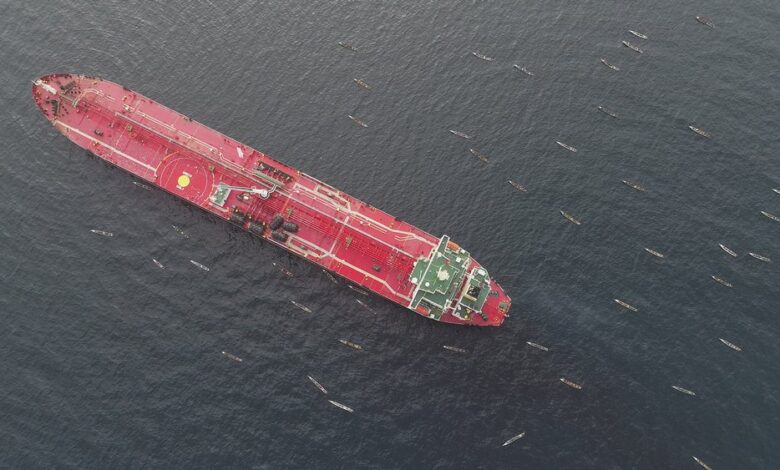Maritime Injuries: Legal Recourse for Victims and Families

Vast and vital, the sea is among the basic things within our world that assures possibilities for transportation, trade, livelihoods, among others. Despite this, the maritime industry is full of risks. Whether on the deck of a commercial fishing vessel or in the engineering spaces of a cargo ship, the scope of those dangers suffered by people who work on the water is huge. Maritime accidents cause injuries of catastrophic nature, not only for workers but also for their families.
When you or a loved one is injured (or probably killed), navigating through such troubled waters requires understanding what your (or their) rights are and what remedies are available under the law. Enter maritime injury attorneys, offering a ray of hope and a guiding light through the complex seas of law.
The Vital Role of Maritime Injury Lawyers
Maritime law is in reality a very complex niche of law, and people who are injured need to make sure that they are represented by expert lawyers to have the best chances. Maritime injury lawyers know—to great depths—the laws that govern the seas and other waterways. They are able to guide clients through the convoluted legal processes required to get compensation for medical bills, lost wages, and other miseries that usually tag along after a maritime injury has occurred.
Understanding Maritime Injuries: Types and Causes
Basically, a list of the maritime injuries that can befall a worker range from minor slips on wet decks to serious accidents with heavy equipment or harmful cargo. The causes are just as diverse, to include but not be limited to equipment failure, lack of proper training or safety measures, and adverse weather.
Here is where the understanding of the need for legal redress and the protection it provides becomes necessary, and maritime injury lawyers are happy to help with that.
Legal Recourse for Maritime Injury Victims
Victims of maritime injuries should not simply leave and cater for themselves. They are protected by law. For example the Jones Act, which allows seafarers to bring claims for damages against their employers in the event that they are injured through negligence. Likewise, the Longshore and Harbor Workers’ Compensation Act provides for compensation to be given to those working at docks, those working in shipping terminals, and others employed at the facilities that line up along the waterfront and maritime facilities.
All these laws assure an injured worker that they are in a position to access financial support for recovery. Sometimes, legal intervention comes in as a major necessity for the protection of such rights.
The Process of Filing a Maritime Injury Claim
The path of compensation starts right after an injury. Usually, advice is sought from a maritime injury lawyer, and then the attorney will give an opinion of the situation, then recommend what needs to be done. This may include the collection of evidence, filing claims, and, if necessary, going to court against the party or parties responsible for the injury. In this process, expertise from maritime lawyers is very essential as it will offer guidance that will prove helpful to navigate the legal system effectively.
Conclusion
Maritime injury lawyers do more than file paperwork; they are a lifeline to those who feel vulnerable after an accident. Maritime injury lawyers ensure that the evidence is not destroyed and ensure that no rights are violated, but above all, they make sure the voices of the victims of maritime injury get heard. Such an attorney negotiates and, if need be, litigates for fair compensation that will go a long way in rebuilding the life of the victim(s).
If you or a loved one is facing (or is likely to face) physical, emotional, or economic hardship due to a water-body related incident, do reach out to a maritime injury lawyer. Their expertise would be one of the most necessary steps you take toward eventual recovery and securing your future.



